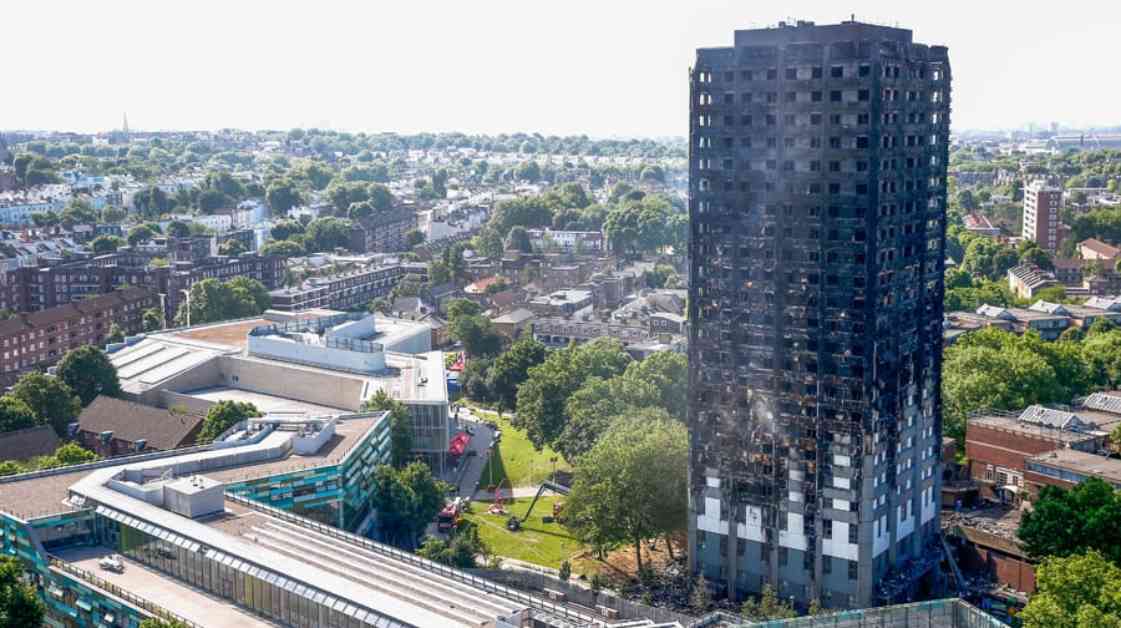The Need for a Construction Regulator in the Wake of the Grenfell Tower Tragedy
The Grenfell Tower fire of 2017 remains a haunting reminder of the devastating consequences of negligence and inadequate building regulations. As the recent Inquiry report delves into the systemic failures that led to this tragedy, it has become increasingly clear that urgent action is needed to prevent such disasters from happening again.
Lessons from Past Tragedies
The Grenfell Tower fire was not an isolated incident. Tragic events like the Lakanall House fire in 2009 serve as stark reminders of the dangers posed by flammable cladding in high-rise buildings. The rapid spread of flames in both cases highlights the urgent need for stringent safety measures in the construction industry.
In the aftermath of these disasters, it is imperative that we learn from past mistakes and take proactive steps to ensure the safety of all residents. The establishment of a construction regulator is crucial in holding building companies accountable for the materials they use and ensuring compliance with safety standards.
The Role of Government and Councils
The Grenfell Tower Inquiry report sheds light on the failures of successive governments in deregulating the construction industry, allowing private firms to prioritize profit over safety. Unclear building regulations and loopholes in the system have enabled companies like Arconic, Kingspan, and Celotex to obtain misleading certificates for their products, putting lives at risk.
Furthermore, the lack of oversight from local councils, as evidenced by Kensington and Chelsea council’s disregard for tenant safety, highlights the need for greater accountability in the management of high-rise buildings. The culture of negligence and dishonesty within the industry must be addressed through stringent regulations and enforcement mechanisms.
Immediate Action and Accountability
In response to the findings of the Grenfell Tower Inquiry, the Prime Minister has pledged to take immediate action to address the failures in the construction industry and ensure that councils prioritize resident safety. This includes the removal of unsafe cladding from buildings and swift investigations into corporate manslaughter, gross negligence manslaughter, fraud, and health and safety offenses.
As we strive for justice for the victims of the Grenfell Tower fire and their families, it is crucial that we hold those responsible accountable for their actions. The wait for truth and justice has already been too long, and it is imperative that we expedite the legal proceedings to ensure that justice is served.
In conclusion, the establishment of a construction regulator is not just a recommendation but a necessity in light of the failures that led to the Grenfell Tower tragedy. It is only through stringent regulations, oversight, and accountability that we can prevent similar disasters from occurring in the future. The safety and well-being of all residents must be prioritized above all else, and it is our collective responsibility to ensure that tragedies like Grenfell never happen again.












